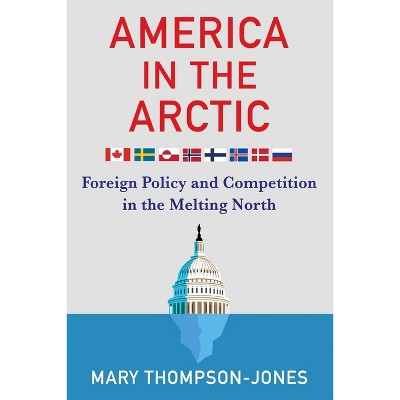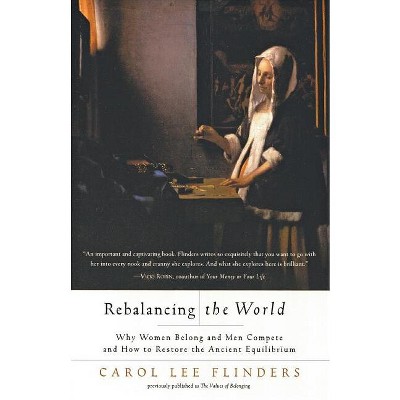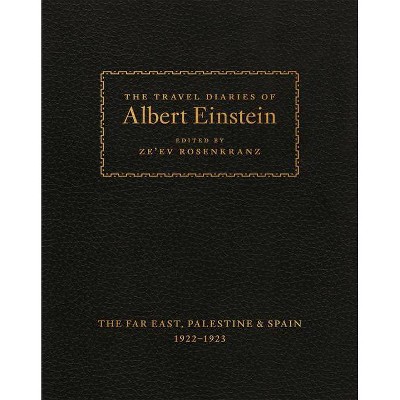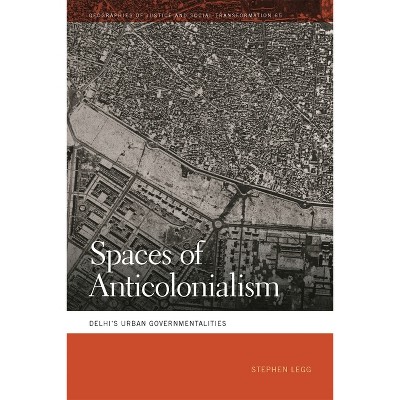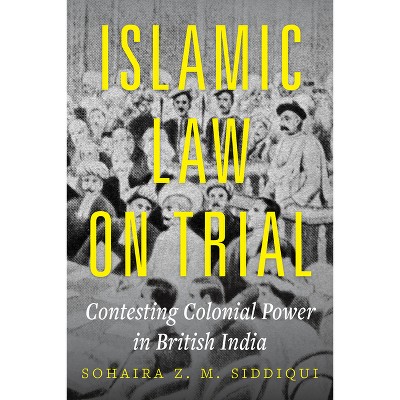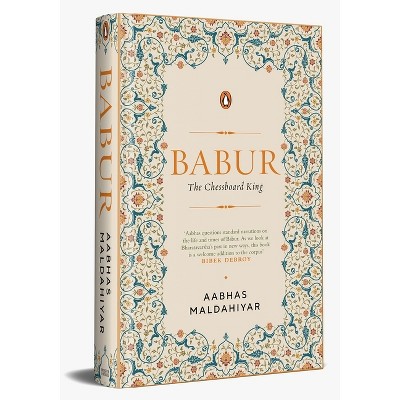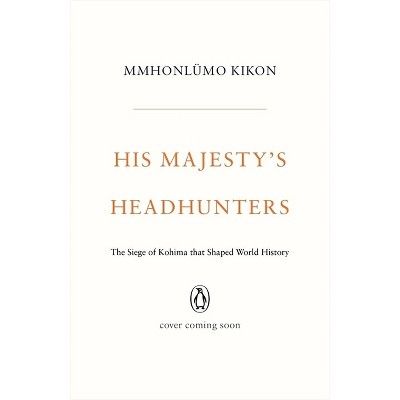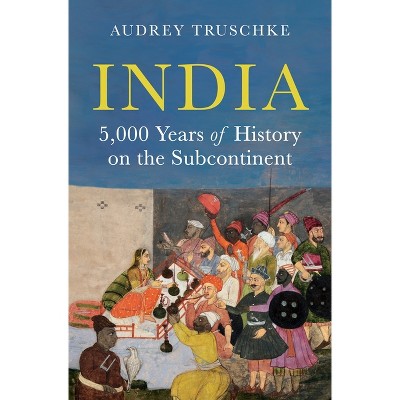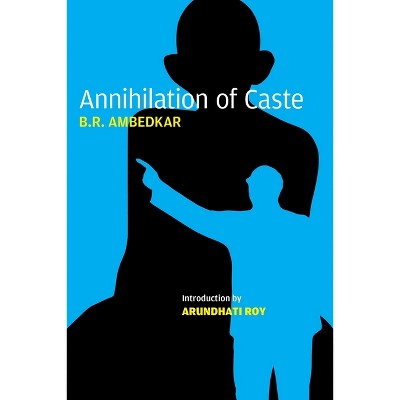Sponsored

If All the World Were Paper
In Stock
Sponsored
About this item
Highlights
- How do writing and literacy reshape the ways a language and its literature are imagined?
- About the Author: Tyler W. Williams is associate professor in the Department of South Asian Languages and Civilizations at the University of Chicago.
- 336 Pages
- History, Asia
Description
About the Book
Telling the story of Hindi literature's development, If All the World Were Paper demonstrates how the ways books were inscribed, organized, and used can tell us as much about their meaning and significance as the texts within them.Book Synopsis
How do writing and literacy reshape the ways a language and its literature are imagined? If All the World Were Paper explores this question in the context of Hindi, the most widely spoken language in Southern Asia and the fourth most widely spoken language in the world today. Emerging onto the literary scene of India in the mid-fourteenth century, the vernacular of Hindi quickly acquired a place alongside "classical" languages like Sanskrit and Persian as a medium of literature and scholarship. The material and social processes through which it came to be written down and the particular form that it took--as illustrated storybooks, loose-leaf textbooks, personal notebooks, and holy scriptures--played a critical role in establishing Hindi as a language capable of transmitting poetry, erudition, and even revelation.
If All the World Were Paper combines close readings of literary and scholastic works with an examination of hundreds of handwritten books from precolonial India to tell the story of Hindi literature's development and reveal the relationships among ideologies of writing, material practices, and literary genres. Tyler W. Williams forcefully argues for a new approach to the literary archive, demonstrating how the ways books were inscribed, organized, and used can tell us as much about their meaning and significance as the texts within them. This book sets out a novel program for engaging with the archive of Hindi and of South Asian languages more broadly at a moment when much of that archive faces existential threats.Review Quotes
This work would be of immense interest to scholars of South Asia with research and teaching interests in the literary, cultural, and religious history of the medieval and early modern period.-- "SHARP News"
A literary history that is also a book history in that it points towards the messy history of book formats in India at the intersection of the medieval and early modern periods.-- "Asian Review of Books"
If All the World Were Paper is an immensely readable and engaging book. It will become essential reading not just for students of Hindi and its history but also for anyone interested in writing and book history. And I hope that it will prompt readers to cross the thresholds of manuscript libraries and archives to rediscover firsthand the wonderful world of handwritten books.--Francesca Orsini, author of East of Delhi: Multilingual Literary Culture and World Literature
Working outward from his groundbreaking research on the Niranjani, Dadupanthi, and other nirguṇa bhakti communities in early modern Rajasthan, Tyler Williams proposes an entirely new way of understanding the genesis of Hindi literature as a whole--through the books that encase and support it, in all their physical glory and specificity. This book about books is itself a truly beautiful book, page after page after page.--John Stratton Hawley, author of Krishna's Playground: Vrindavan in the 21st Century
About the Author
Tyler W. Williams is associate professor in the Department of South Asian Languages and Civilizations at the University of Chicago. His research addresses Hindi literature, book history, aesthetics, and religion.Shipping details
Return details
Trending Non-Fiction



